Turning Point Day Treatment serves 9 students in grades 6-11.
The student:teacher ratio of 9:1 was lower than the Minnesota state level of 13:1.
Minority enrollment was 56% of the student body (majority American Indian), which was higher than the Minnesota state average of 39% (majority Black).
School Overview
School Type
Grades Offered
Grades 6-11
Total Students
9 students
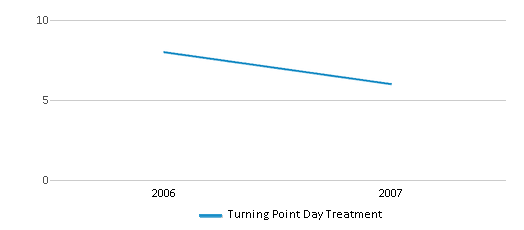
Total Classroom Teachers
1 teacher
Students by Grade
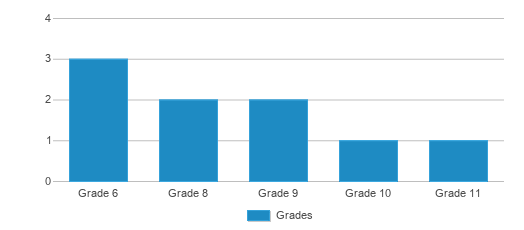
School Rankings
Student : Teacher Ratio
9:1
13:1
American Indian
56%
2%
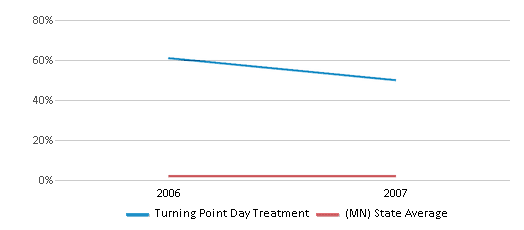
Asian
n/a
7%
Hispanic
n/a
12%
Black
n/a
12%
White
44%
61%
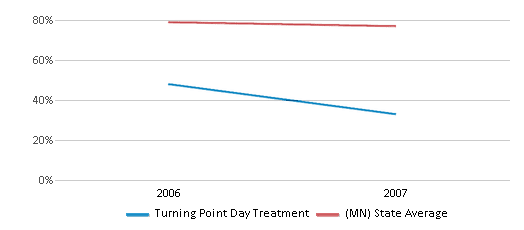
Hawaiian
n/a
n/a
Two or more races
n/a
6%
All Ethnic Groups
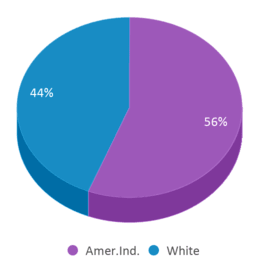
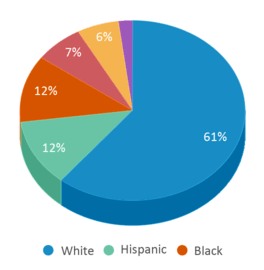
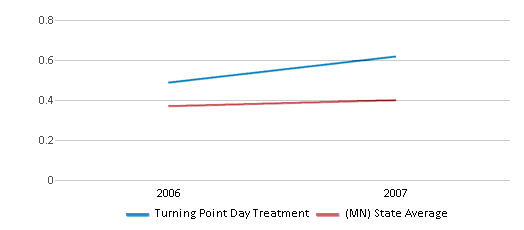
Eligible for Free Lunch
67%
36%

School Statewide Testing
School District Name
Source: National Center for Education Statistics (NCES), MN Dept. of Education
Frequently Asked Questions
How many students attend Turning Point Day Treatment?
9 students attend Turning Point Day Treatment.
What is the racial composition of the student body?
56% of Turning Point Day Treatment students are American Indian, and 44% of students are White.
What is the student:teacher ratio of Turning Point Day Treatment?
Turning Point Day Treatment has a student ration of 9:1, which is lower than the Minnesota state average of 13:1.
What grades does Turning Point Day Treatment offer ?
Turning Point Day Treatment offers enrollment in grades 6-11
What school district is Turning Point Day Treatment part of?
Turning Point Day Treatment is part of Walker-Hackensack-Akeley Schl. School District.
Recent Articles

What Is A Charter School?
Explore the world of charter schools in this comprehensive guide. Learn about their history, how they operate, and the pros and cons of this educational innovation. Discover key facts about charter schools, including admission policies, demographics, and funding, as well as what to look for when considering a charter school for your child.

10 Reasons Why High School Sports Benefit Students
Discover the 10 compelling reasons why high school sports are beneficial for students. This comprehensive article explores how athletics enhance academic performance, foster personal growth, and develop crucial life skills. From improved fitness and time management to leadership development and community representation, learn why participating in high school sports can be a game-changer for students' overall success and well-being.

February 05, 2025
Understanding the U.S. Department of Education: Structure, Impact, and EvolutionWe explore how the Department of Education shapes American education, from its cabinet-level leadership to its impact on millions of students, written for general audiences seeking clarity on this vital institution.





